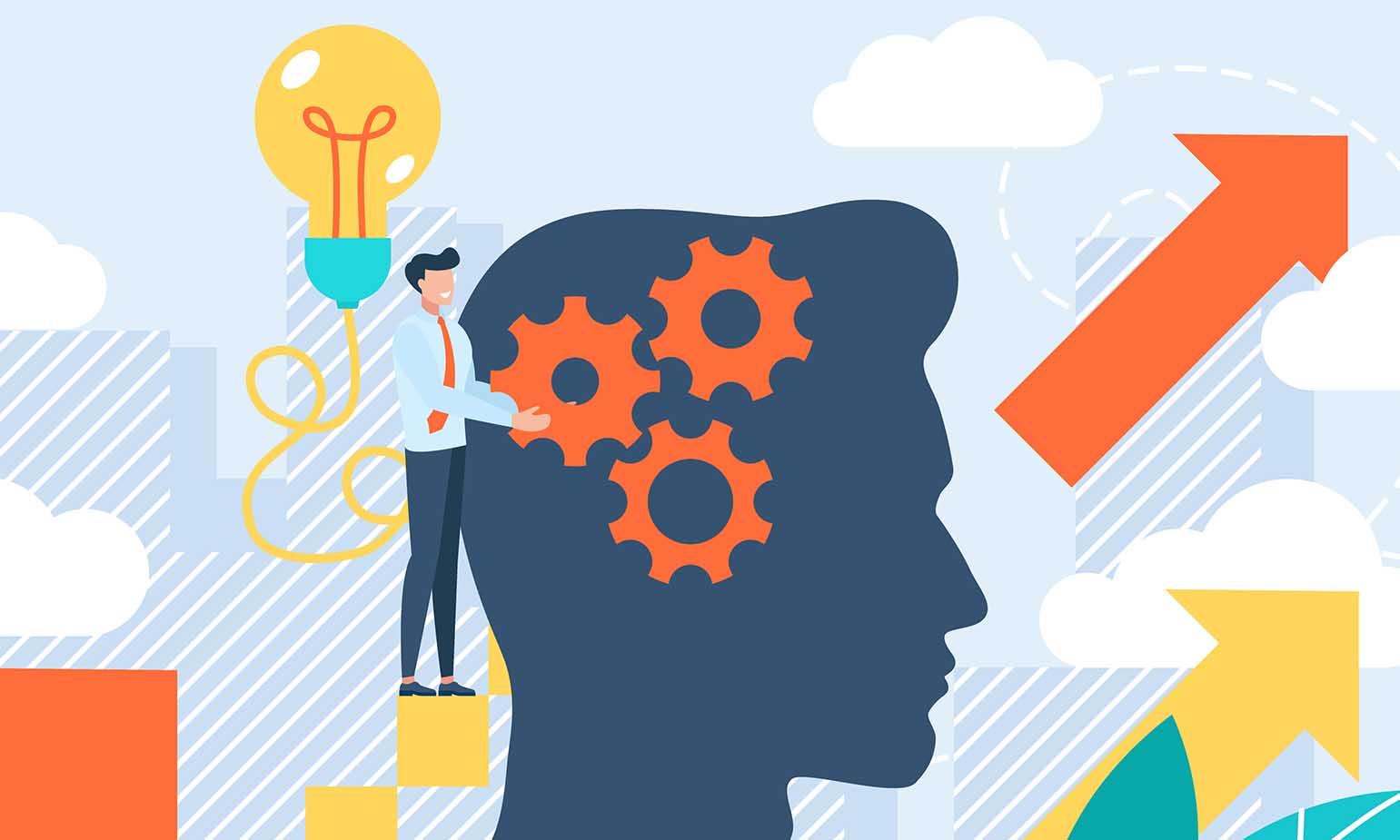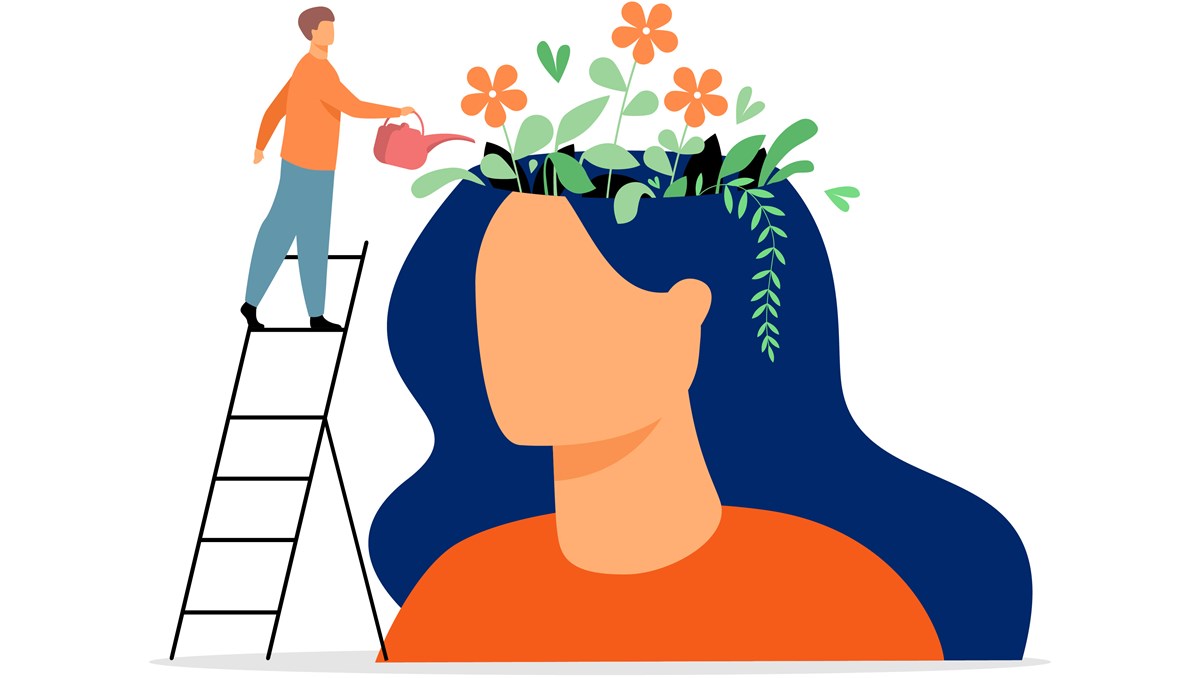Adolescence is a time of many changes and challenges that can leave teens confused and alone. It’s a confusing time for many young people: emotional turmoil, physical changes, and new responsibilities. Here are some ways to help manage your teen’s mental health.
We know that adolescence can be difficult, but it can also be a wonderful time. We want to help you navigate the difficulties of youth and the good things that come with it.
Adolescence is a time of life when your teen starts to take steps toward adulthood. As a parent, you might wonder what your adolescent thinks and feels. Your child may be depressed, anxious, or having other problems.
Adolescence is when our brains are still developing, and our emotions are forming. This can lead to a lot of stress and anxiety in adolescents, who often feel like their peers are getting ahead while they aren’t.
Adherence is a difficult stage of development, and there are no factors that can affect a teen’s mental health.
Adolescents need the proper guidance from their parents and teachers to help them navigate adolescence successfully.
In this post, we will discuss the common mental health issues adolescents face and the steps they can take to help them cope with their stress and anxiety.

Mental Health of Adolescence
This is a very interesting topic that can be useful for teachers. They should provide all the information to students. When we are young, we think everything will be alright. We believe in our parents, teachers, friends, doctors, and psychologists. They will help us to get through adolescence.
When we reach adolescence, the world around us starts changing. Our bodies change, our opinions change, and our minds change.
It’s hard for parents to watch their children go through puberty and experience the world for the first time. This is especially true for those of us who were not teenagers ourselves.
Have you ever heard the term “adolescent”? It describes kids between the “ages of ” and 19.
But what happens when a kid has a mental illness? They may become much more difficult to deal with than the average teenager.
And unfortunately, a lot of people don’t know don’t about adolescent mental health.
So, let’s discuss the common mental health issues that adolescents face today.
In this article, I’ll define adolescents and explain why knowing more about adolescent mental health is important.
I’ll share mental health problems that teens are most likely to face and give you a few tips on how to cope with them.
Finally, I’ll tell you the signs of adolescent mental health problems. You can know when you need help.
Symptoms of Depression
Adolescence is a time of growth and change for both the individual and their parents. Many parents struggle to understand how to manage their child’s health effectively during this time.
This blog will explain the differences between normal adolescent behavior and signs that indicate your child is experiencing mental health issues. It will then offer advice on addressing these issues and what resources are available.
This presentation will discuss the symptoms of mental health problems in adolescence and advise on managing these issues. The main problem is that most adolescent patients experience no mental health problems, and most will not seek treatment.
Adolescence is a time when we’re trying to figure ourselves out. We’re trying to become like we were kids at the same time, and this leads to some issues. It’s important to manage these issues.
The mat’s writing is mainly used. I know many parents who struggle to cope with their teens’ mental health problems.
It’s easy. It feels like you do anything for your child. There are things you can’t
If you can’t help anyone struggling, try to help them.

Obsessive Compulsive Disorder
Depression and anxiety are common during adolescence. The important thing to remember is that you don’t have don’t go through it alone. Some people cannot manage it, and they can help you deal with its effects on your life.
If you feel like someone is depressed or has a mental illness, talk to them. Please ensure they get the help they need and be there for them. You don’t need to be concerned about their feelings, but you don’t need to worry about their well-being.
I was always stressed out about my weight and appearance as an adolescent. I was bullied in school, and I tried to hide it, but my parents knew what was going on and tried to help me. When I became older, I realized that if I didn’t take didn’t of my mental health, it would affect me negatively later in life.
Warning signs can include feeling sad or down, not wanting to do things you used to enjoy, having trouble sleeping, losing interest in hobbies and activities, or feeling anxious.
One of the most important changes during adolescence is developing a sense of ourselves as separate individuals. We also start to create the idea of who we are and what we want from life. This can be not very clear, but it is clearer that y and d minds are all changing simultaneously. These are very confusing times for kids.
Mental health care should be offered to teens just like it is to adults. Everyone should seek help for mental health problems. Parents should talk to their children about their problems. We all need help at some point in our lives.
Other mental health disorders
In case you didn’t knodidn’tre is an entire spectrum of mental health issues adolescents struggle with. And unfortunately, some of them aren’t imminently obvious.
For example, kids who experience don’t often suffer from depression. This is because they start to feel lonely and develop low self-esteem. They think that no one understands them.
This can also lead to many other problems, including anxiety and eating disorders.
Talk to your child to prevent these issues. If you notice any symptoms, ask them how they’re doing. If you see anything unusual, such as sudden changes in behavior or sleeping patterns, get your child checked by a doctor.
As I said, these mental health issues can be incredibly difficult to deal with. But, with the right support, they can be overcome.
In the future, I recommend investigating the symptoms of these issues and finding the best ways to deal with them.

Frequently Asked Questions (FAQs)
Q: How do you deal with all the stress that comes from being in high school?
A: My mom and dad are lucky enough to help keep me grounded. I try not to put myself under too much stress because it’ll make everything harder if you’re already stressed. It’s just Something you have to learn how to manage.
Q: Do you feel any it’llonsibit’llonsibilityrself?
A: Yes, I feel some responsibility. I have to eat healthily and exercise. But I also know that you can’t contain things when you’re youyou’reQ: you’re theyou’recocan’tmencocan’tmentalsorders among teens?
A: There is no one specific mental health disorder that dominates the adolescent population. However, depression is a big issue in adolescents. A lot of it is due to stress and the pressures they face. It can range from mild to severe and can happen at any time. If you notice some of these symptoms, seek help immediately.
Q: What are some other mental health problems teens face?
A: Social anxiety is very common. It includes shyness and fear of rejection. Some teens also struggle with addiction, eating disorders, or self-harm.
Q: What can parents do to help their kids manage their mental health?
A: Parents can provide support and guidance. They should be available when their children are struggling. It would help if you also tried to help your children practice healthy behaviors, such as exercising and eating well.
Myths About Mental Health
1. Mental health is just a normal part of adolescence.
2. Mental health problems are not real illnesses that need medical intervention.
3. There is no such thing as psychiatric illness.
Conclusion
The mental health of adolescents is important. It’s important for their physical health as well as their emotional health. In addition to the risk of suicide, addiction, and violence are chances. A combination of family, school, and community must address these risks.
In conclusion, I hope you found this blog post useful and that it helped you understand how to cope with mental health issues and how to manage them.
I want to end this blog post with a quote from the author. He wrote this because a video about mental health inspired him, and he was able to use it to help him understand how to manage his mental health.
“I am trying “to take control of my life now. I want to be happy and healthy, and I am determined to be able to live a long and happy life.”
Thank you” for reading this blog post; I hope you found it h “helpful.





